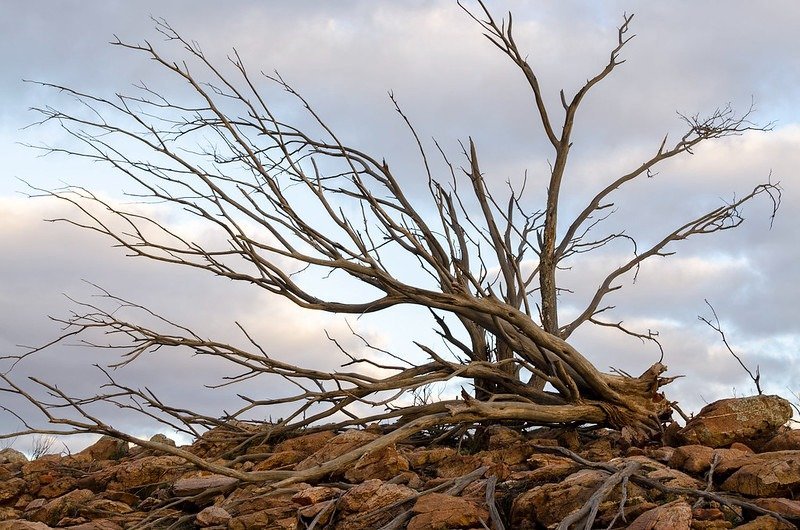
Book Name;
Ethics of Staying: Social Movements And Land Rights Politics In Pakistan.
Author;
Mubbashir A. Rizvi
Please note that this article may contain affiliate links !!!!
Agriculture in Pakistan and also in India is mainly operated through the system of share cropping. Tenants work hard to produce enough yield from the land that not only subsist them but also the land owner as well
At the beginning of 20th century British wanted to develop canal irrigation system in British Punjab for more agricultural yield. Thousands of laborers were brought to the Western part of Punjab (now Pakistani Punjab) giving them hope of work and economic prosperity.
The canal colonies were set-up in Okara, Sahiwal, Khanewal and Sargodha districts of Pakistani Punjab by the British rulers doling out hope to the new settlers or colonists that after land reclamation they would be given the proprietorship. But nothing such happened.
Also Read: Words that rejuvenates
It was the most fertile land when it became arable giving more agricultural yield than was expected by the British colonial masters. So “the foreign Colonial masters” waivered from their promise to give land proprietorship rights to the “new indigenous settlers or canal colonists”. An irony upon irony!
A big swath of land was then commandeered by the British Indian Army for stud farming and horse breeding that later on was bequeathed to Pakistan Army in 1947.
Before the turn of 20th century General Pervez Musharraf imposed martial law in Pakistan and repealed this century old system of share cropping system with market oriented policy of Cash contract farming.
After the introduction of new system an agreement would have to be signed between the framer and buyer to produce a particular product in particular time and manner by the farmer for the buyer to purchase it.
Now the tenant or share cropper would be a renter or contracted laborer leaving them at the mercy of buyer.
General Musharraf government aim was to raise the social and economic status of these share croppers but it boomeranged into one of the most active and robust land movements in South Asia, the Anjuman Mazarin Punjab (AMP).
This movement is the living example of religious and cultural harmony of Muslim and Christian tenants resisting the governmental and military pressure to monetize the land owned land claiming their right to this land on moral, local and subsistence bases.
Professor Rizvi points out that challenging this traditional and standard form of agriculture will open some new tussles and issues for the already fragile Pakistani society dumping it more with problems and wrangling.


